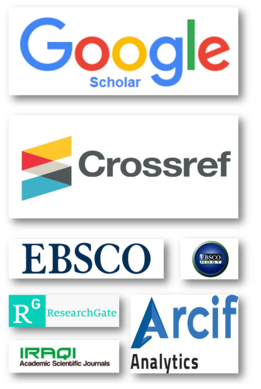Pedagogical Paradox Education and Internationalization in the Mandates for Palestine and Mesopotamia (Iraq)
Keywords:
History, Education, Sociology, Psychology, Cultural Studies, HumanitiesAbstract
Education in the Middle East during the interwar period offers
a window into international educational trends as well as the
nuanced ways colonial educational policies and local endeavors
shaped which pedagogical methods, tactics, subjects and
standards became accepted on a global scale. Schooling in the
Mandate for Palestine and in the Kingdom of Iraq during the late
1930s demonstrates two different ways in which educational
policies become international. On the one hand, policies can be
“de-nationalized” or separated from the nation which originated
these methods. Those who experience this education believe it
to be universally valid. On the other hand, countries developing
their own systems of public education may pick and choose
policies from several international sources and then combine
them, creating a uniquely national system of education.


